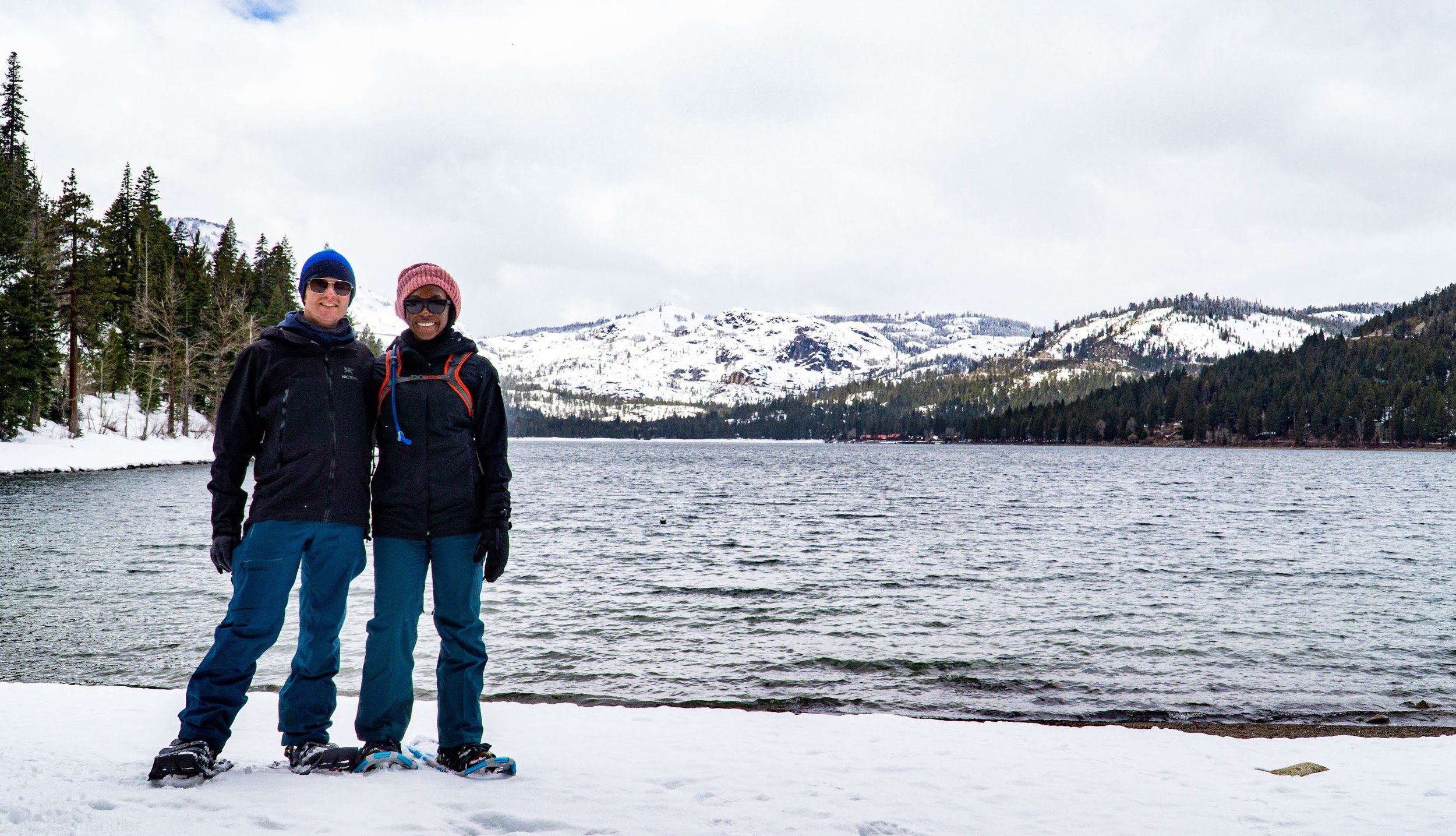What is a mini-retirement?
/On Juneteenth of 2022, in the spirit of reclaiming freedom, I sent our Money & Mimosas newsletter readers a simple prompt: “If $300,000 magically appeared in your bank account, how would you spend it? The only catch is you can’t use it to pay down debt.”
All of the responses were touching, but there was one that moved me to tears. A reader shared that she would spend the money to take the next year off to paint by the San Francisco Bay. Her desire was simple yet profound. Wouldn’t it be so lovely to have an intentional career break to focus on creating beauty?
My six-month mini-retirement in 2021
Her response inspired me to share more about my six-month mini-retirement experience in 2021. Previously, I had been reticent about sharing this experience because 1) I’m very private and 2) for some reason, I didn’t think it was interesting to folks. I didn’t use my wealth to buy a private jet or a 10,000-square-foot home. I spent it on reclaiming my time. I spent it being still in nature and stepping deeper into my journey of self-discovery. After my mini-retirement, I felt refreshed and refocused. I had a heightened clarity of what I wanted and how I wanted to show up in the world.
My time away from work was part of a larger 22-month Airbnb hopping adventure with my fiancé where we explored the Pacific Northwest, the West coast, and the Southwest regions of the United States. We were blessed to be able to have this experience during the height of the pandemic and in the midst of immense global pain.
We were responsible and practiced physical distancing throughout the entire trip. In fact, since we didn’t know anyone in the towns we visited, we rarely came in contact with humans. Most of our contact with sentient beings was with sunflowers, rams, bears, and llamas. By the end of our adventure, we had lived in ten states and had countless memories.
What is a mini-retirement?
A mini-retirement is an intentional career break usually lasting between two to twelve months or longer. An expanded definition of the term includes that it is a finite period of time where you immerse yourself in something totally new.
For me, it is different from a sabbatical. Usually, a sabbatical is offered by your place of employment whereas a mini-retirement is entirely self-funded and self-driven. With that said, hopefully, mini-retirements will soon be included in benefits packages.
A mini-retirement is also not the same as taking a two or three-week vacation. This is due to the difference in duration, but mostly due to the difference in intentions. A mini-retirement is an opportunity to discover something new about yourself, the world, and how you wish to show up in it. It is an opportunity to slow down, reset, refresh, rebalance, recharge and be re-inspired.
Ask yourself these three financial questions to plan your mini-retirement
The biggest question for most folks is: “how will I pay for my mini-retirement?” To answer this question, you’ll need to decide if you want to set your mini-retirement by time or by budget. For example, you can decide that you want to have a three-month mini-retirement and create a budget that accommodates this timeframe.
Or, you may decide that you want to spend $10,000 on your mini-retirement, whether that means it lasts three months or six months. There’s no right or wrong way to do it, you just have to decide which works best for you.
The second financial question is how will this impact my other financial goals. Such as retirement, buying a home, paying off debt, etc. For example, if you have a 401(k) and work for a company that offers a match, you will want to think about how to maintain the momentum of your retirement savings plan.
The third big question is usually about health insurance especially if your place of employment is currently providing this coverage. Also, if you plan to travel internationally for your mini-retirement, you will need to review your health insurance and its coverage abroad.
Creative ways to finance your mini-retirement
There are two ways you can fund your mini-retirement. You can save up for it and completely take off from work.
Or you can create passive income streams so that you have cash flow during your time away from work. Your passive income streams can be from a side hustle, self-employment, consulting, equity crowdfunding investments, real estate investments, and so much more.
Additional ways you can finance your mini-retirement include:
Deferred annuities - however, you may incur withdrawal fees if are younger than 59.5 years old
Dividend stocks
Whole life insurance - however, there may be surrender charges (fees) depending on your plan
Equity crowdfunding dividend payments
Cashing out your PTO
Savings
If you will be using passive income to fund your mini-retirement, be mindful of how much work it will require to maintain these revenue streams. The goal of a mini-retirement is to step away from work and step into leisure. Therefore, aim to work less than 10-20 hours per week, if that much.
Myths about mini-retirements
Here are some of the myths that may be holding you back from believing that this is possible for you.
You need to be a millionaire. This isn’t true. Some folks have been able to fund their mini-retirement with less than $10,000.
You have to be self-employed. While being your own boss means you don’t have to explain your time away to a manager, it is feasible to do a mini-retirement with traditional employment.
You need to postpone your other financial goals. If you plan ahead, you will be able to meet your other financial goals such as buying a home or saving up for your retirement in your later years.
You can’t have kids. There are examples of folks who have done this with children. Again, it does take planning and coordinating school schedules, but it has been done.
Mini-retirements are within reach for many of us. It takes having a vision, planning for it, and focusing on your goal. But, understandably, you may have concerns about whether or not it is possible for you.
The three biggest concerns usually include:
running out of money during the mini-retirement
inability to afford time away from work
falling behind on financial goals such as traditional retirement planning or buying a home
falling behind in your career and having difficulty finding a job when you return
All of these are valid concerns that can be addressed with meticulous planning and an abundance mindset.
Planning your mini-retirement
Here are five of the key steps to help you get started with your mini-retirement planning.
Step one: Know your why. Are you looking to reconnect with nature, deepen your path of self-discovery, gain clarity on what you want most out of life? Determining your why ahead of time will motivate you to make the mini-retirement happen and help you figure out your budget.
Step two: Determine the duration and time of year for your mini-retirement. A bonus step is to calendar the dates in your phone.
Step three: Calculate the costs of your mini-retirement. You’ll want to review your current living expenses and the costs associated with your time away.
Step four: Decide how you will fund the experience. Will you save up ahead of time, use passive income, or a combination of the two?
Step five: Unless you are self-employed, you will want to think about how you will re-enter the workforce.






